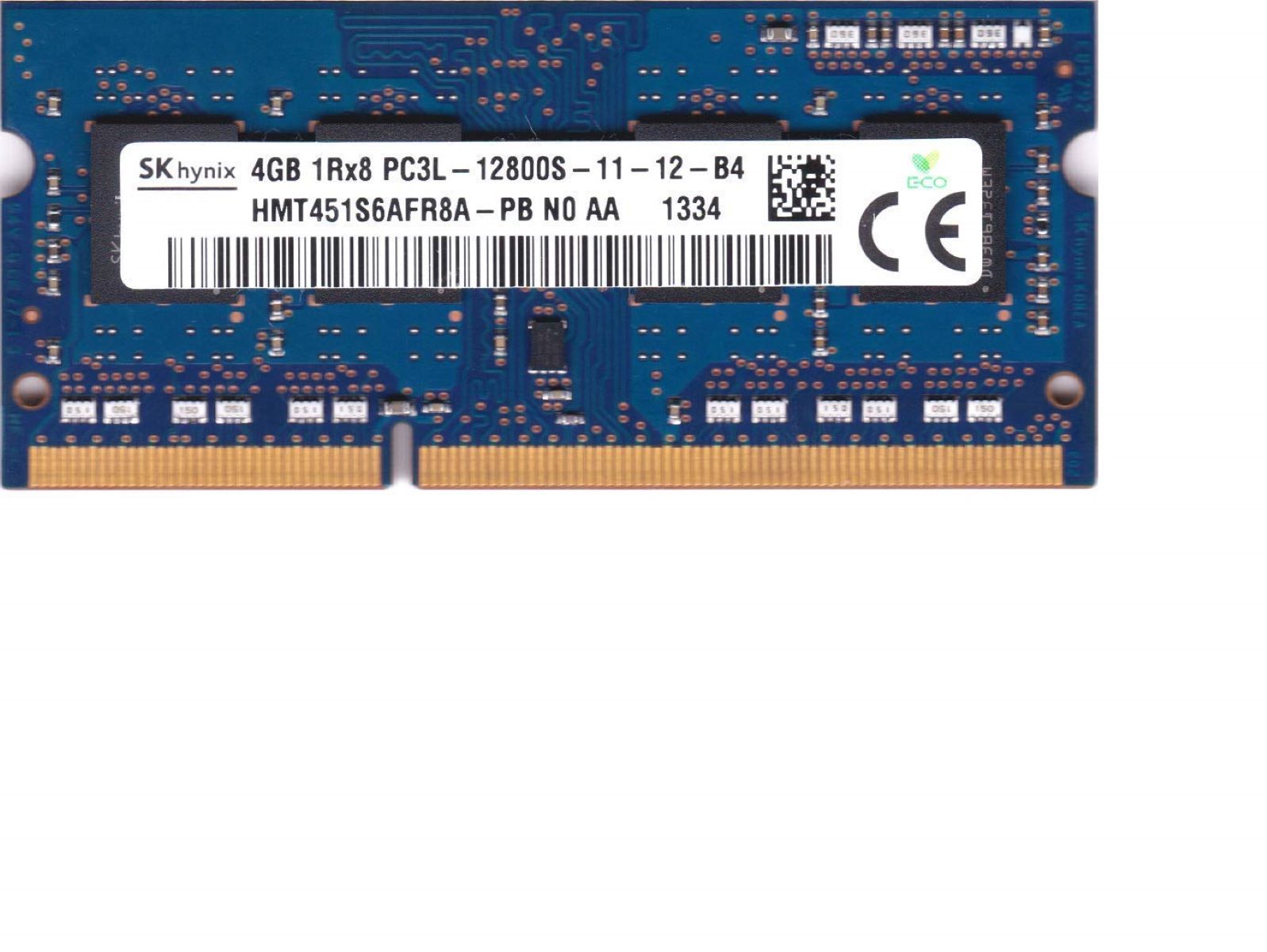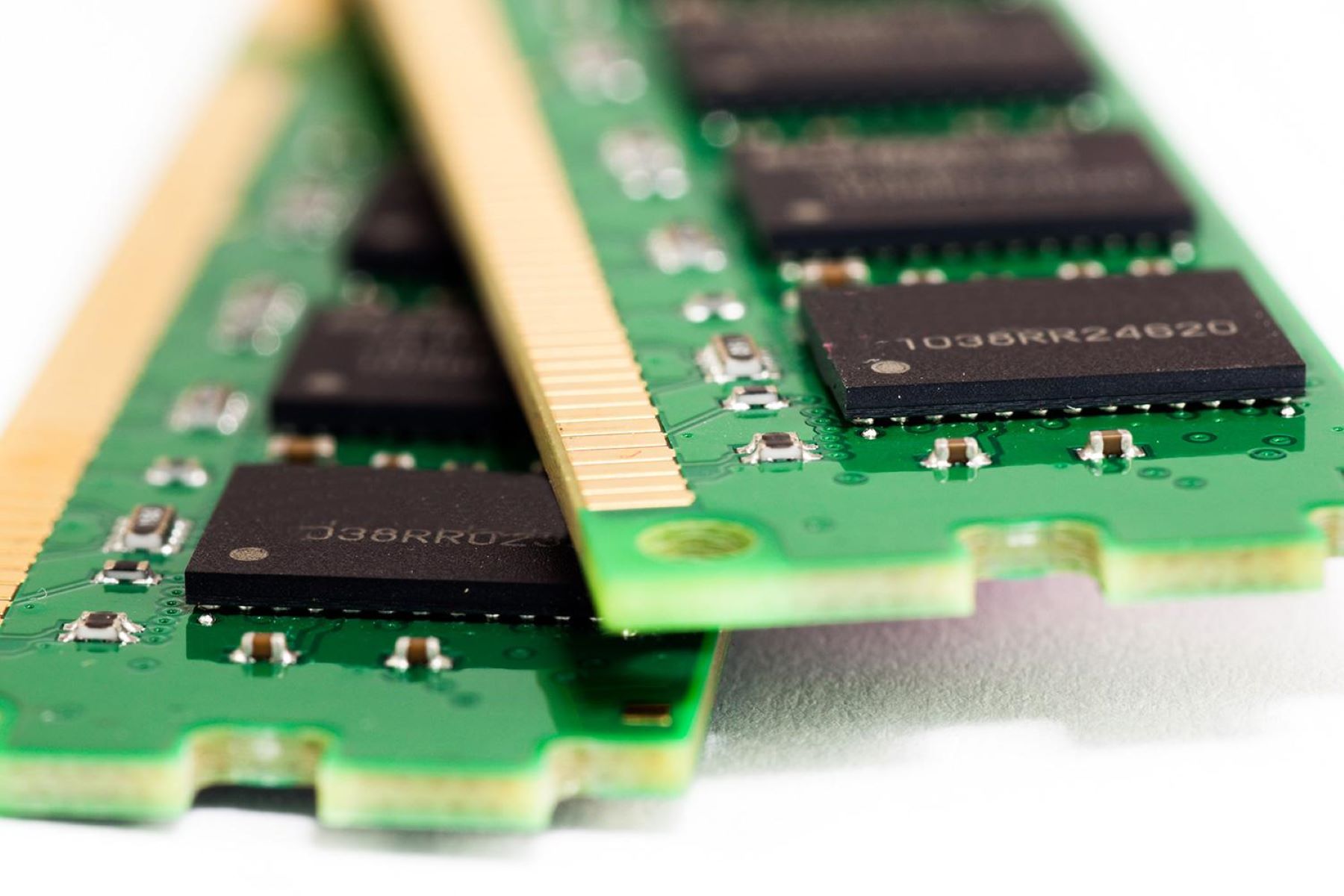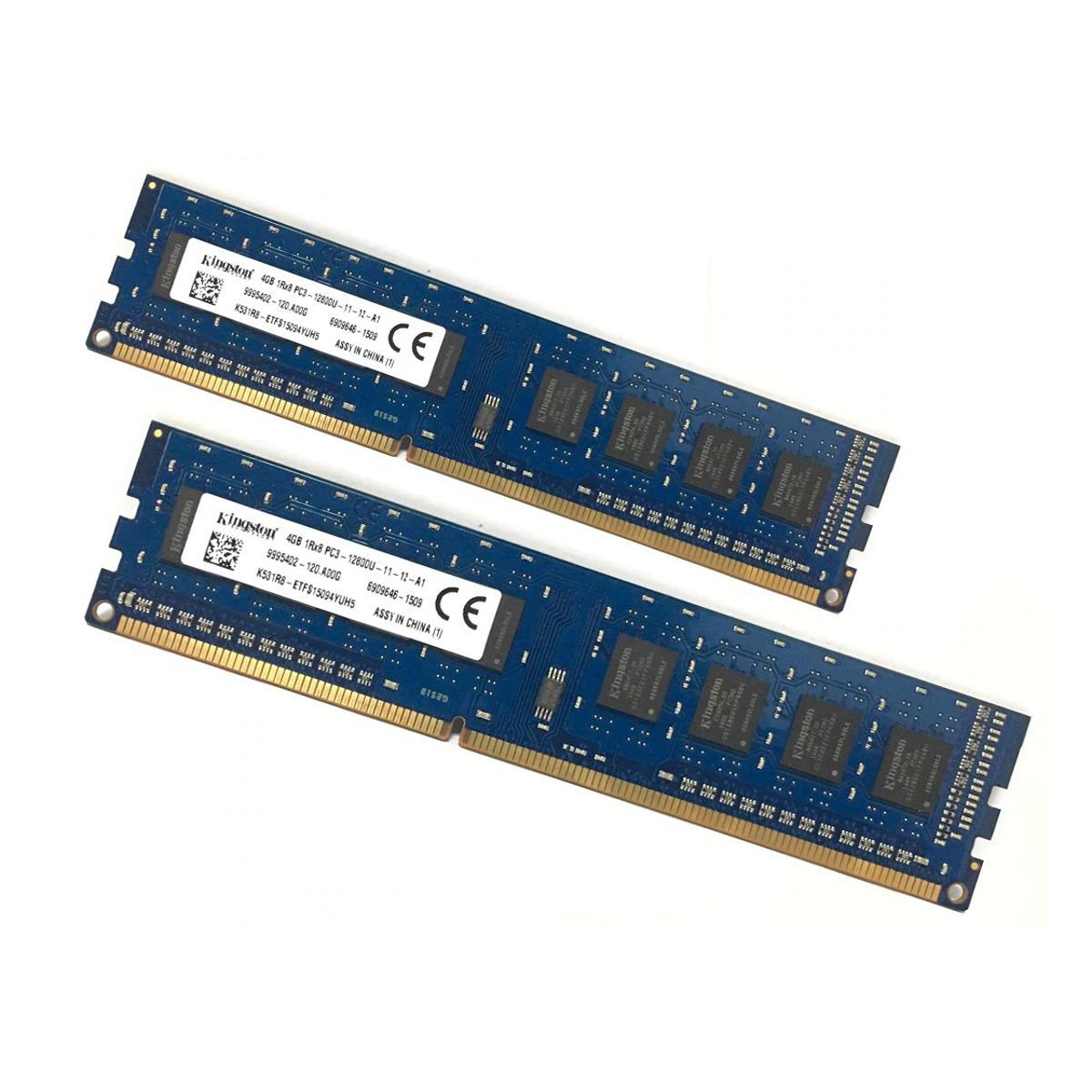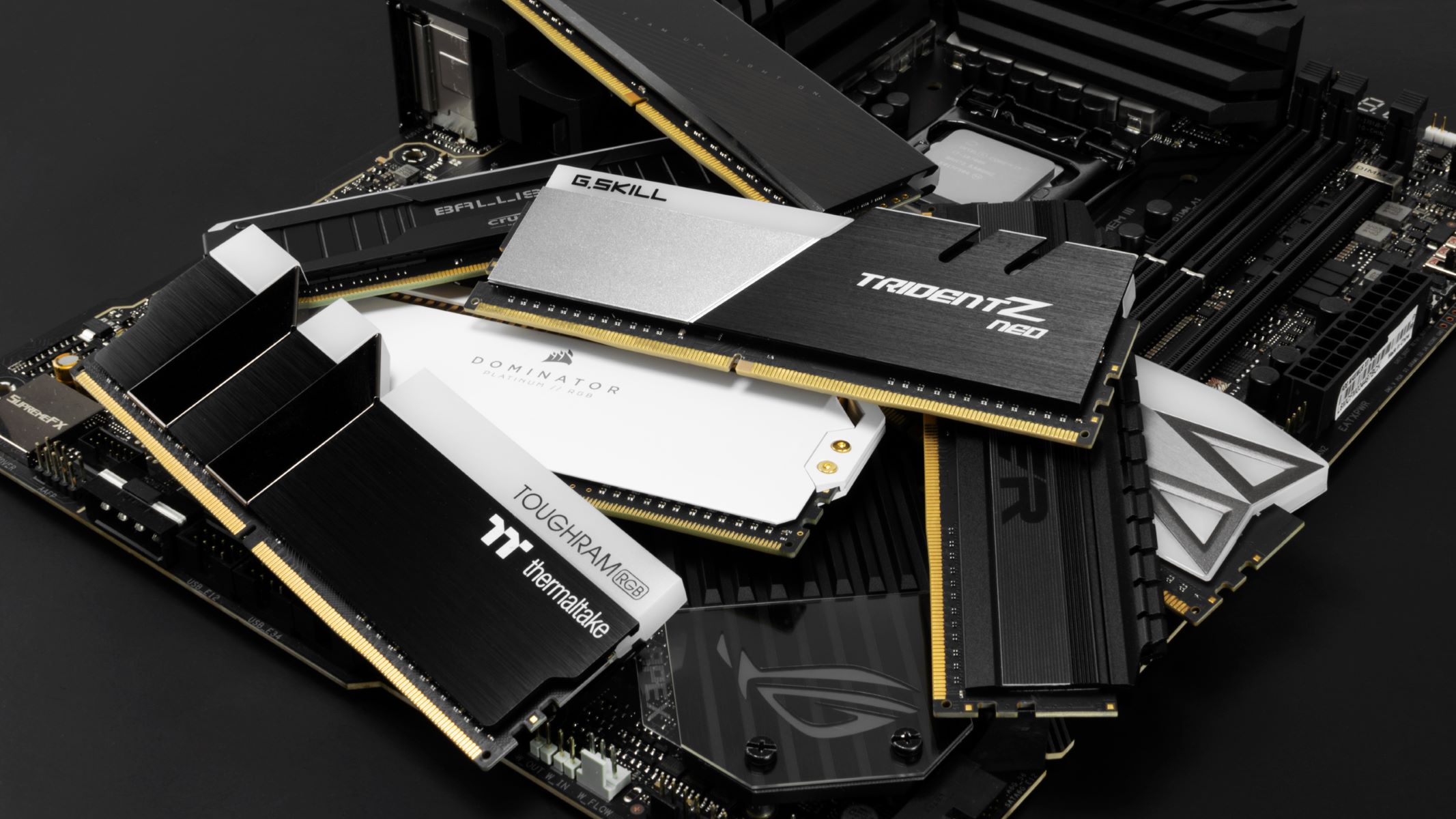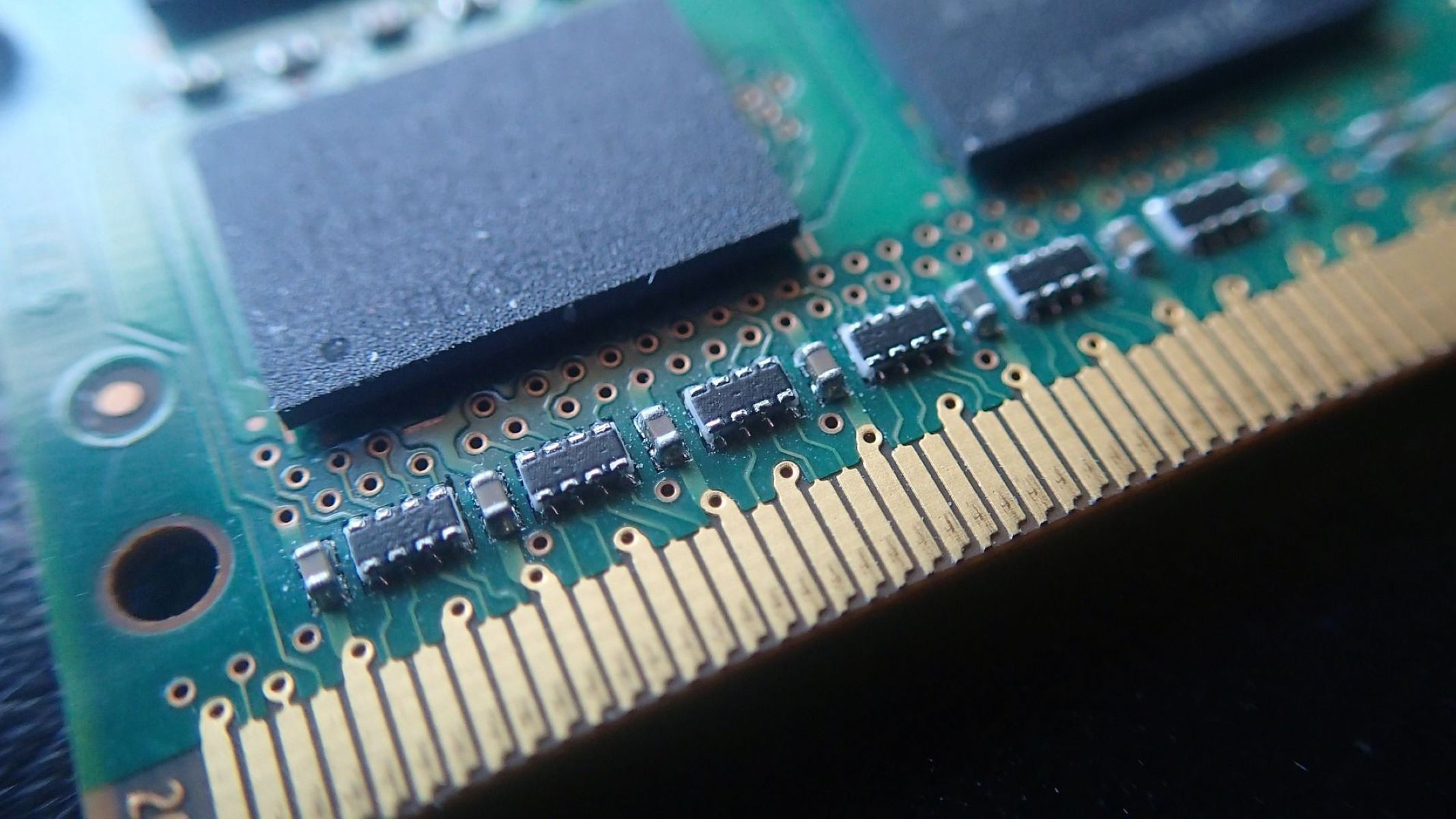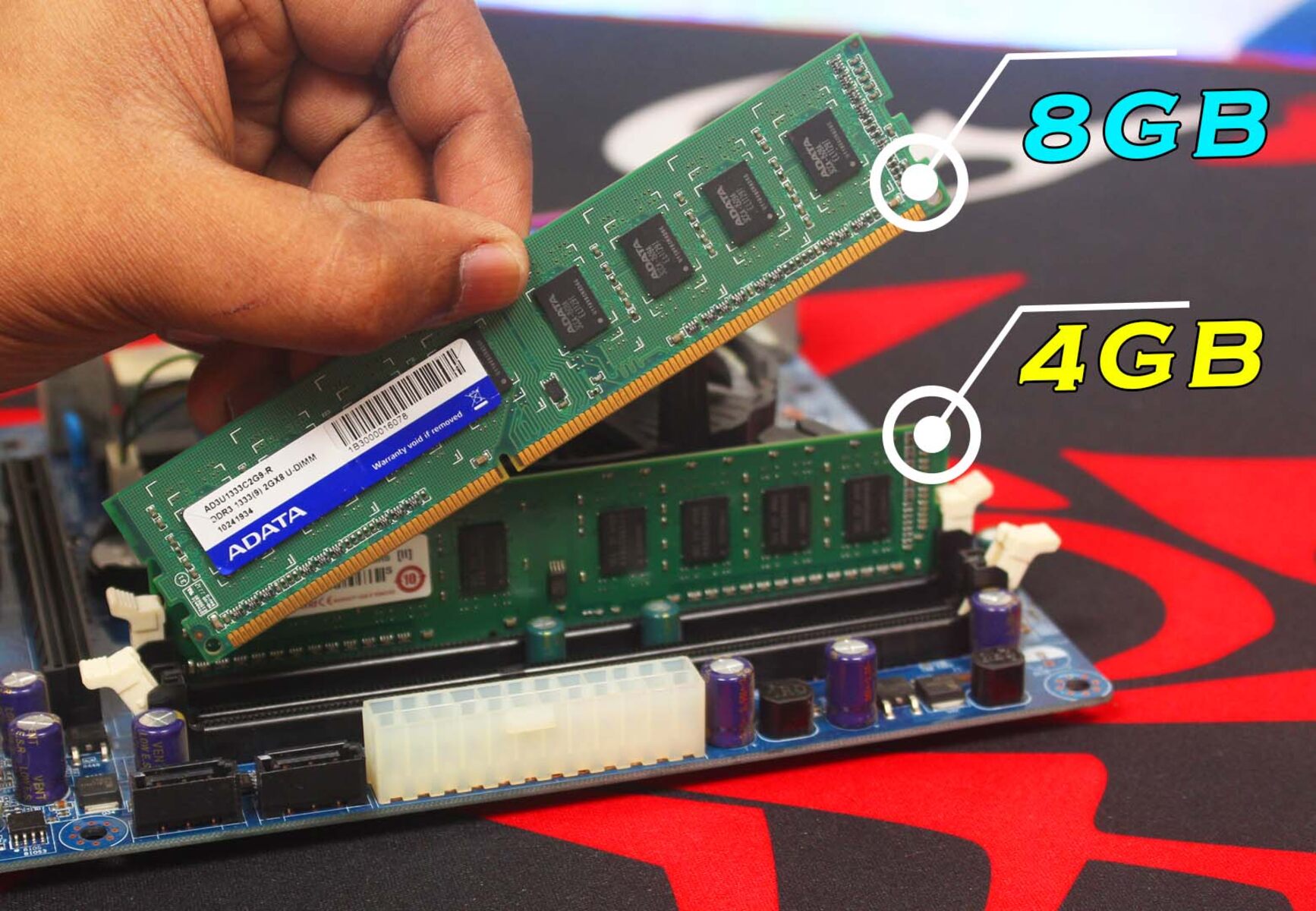Introduction
Technology continues to evolve at a rapid pace, with new advancements seemingly occurring overnight. In the world of computing, one of the key components that play a crucial role in the overall performance of a device is RAM, or Random Access Memory. RAM acts as a temporary storage space for data that allows the operating system and applications to run efficiently.
When it comes to RAM capacity, one commonly heard term is “4GB RAM”. But what exactly is 4GB RAM? In this article, we will uncover the definition, benefits, and uses of 4GB RAM, and determine whether it is sufficient for today’s computing needs or if an upgrade is necessary.
Before diving into the specifics of 4GB RAM, it’s essential to understand the role that RAM plays within a computer system. RAM serves as a bridge between the processor and the hard drive, allowing quick access to data that is needed for immediate use. It provides a temporary storage space for active programs and data, ensuring optimal performance and responsiveness.
Now, let’s take a closer look at 4GB RAM itself. 4GB RAM refers to a capacity of 4 gigabytes of random access memory. This means that a device equipped with 4GB RAM has 4 billion bytes of storage space available for temporary data storage. It is important to note that RAM capacity is separate from the storage capacity of your hard drive or solid-state drive (SSD). While a larger hard drive or SSD allows you to store more files and data, RAM determines how many programs you can run simultaneously without experiencing a drop in performance.
Definition of RAM
Before delving into the specifics of 4GB RAM, let’s begin by understanding the concept of RAM itself. RAM, or Random Access Memory, is a fundamental component of a computer’s hardware architecture. It is a form of volatile memory, meaning that it temporarily stores data while the computer is powered on.
Unlike the permanent storage provided by a hard drive or SSD, RAM is designed for fast, temporary data access. It allows the computer to quickly retrieve and store data that is currently in use by the operating system and running applications. Think of RAM as your computer’s short-term memory, enabling it to multitask efficiently and deliver smooth performance.
RAM operates at high speeds, enabling the processor to quickly access and manipulate data. When you launch an application or open a file, the relevant data is loaded into RAM for quick access. The more RAM your computer has, the more data it can store for immediate use, resulting in faster and smoother performance.
RAM is organized into memory cells, with each cell capable of storing a certain amount of data. These cells are arranged in a grid, and each cell has an address that allows the processor to locate and access specific data. The sizes of these memory cells determine the overall capacity of the RAM module.
It’s important to note that RAM is a volatile form of memory, meaning that it requires power to retain data. When you power off your computer, the data stored in RAM is lost. This is why it’s crucial to save your work and shut down your computer properly to ensure that your data is not lost.
In summary, RAM serves as a vital component in a computer’s hardware, providing temporary storage for data that the processor needs to access quickly. It allows for seamless multitasking and smooth operation of applications. By understanding the basic concept of RAM, we can now explore the specifics of 4GB RAM and its implications for computing performance.
What is 4GB RAM?
Now that we have a solid understanding of RAM, let’s focus on the specific capacity of 4GB RAM. When we refer to 4GB RAM, we are talking about a RAM module that has a total capacity of 4 gigabytes.
4GB RAM falls into the category of mid-range RAM capacity and is commonly found in a variety of devices, including laptops, desktop computers, and even some smartphones. It offers a balance between cost-effectiveness and performance, making it a popular choice for everyday computing tasks.
With 4GB of RAM, you have 4 billion bytes of memory available for storing and accessing data. This capacity can comfortably handle basic computing needs, such as web browsing, word processing, and multimedia consumption. It allows you to run multiple programs simultaneously without experiencing significant lag or slowdowns.
However, it’s important to consider the specific requirements of the applications you plan to use. Resource-intensive tasks, such as video editing, graphic design, or gaming, may require more RAM to ensure smooth and efficient performance. In such cases, 4GB RAM might not be sufficient, and an upgrade to a higher capacity would be beneficial.
It’s worth noting that 4GB RAM may be limiting for certain modern operating systems and applications that require a larger amount of memory to function optimally. For example, if you’re running a computer with 4GB RAM and have multiple tabs open in your web browser, along with other applications running in the background, you may notice a decrease in performance as the available RAM becomes strained.
Ultimately, the adequacy of 4GB RAM depends on your specific needs and usage patterns. If you primarily use your device for everyday tasks like web browsing, email, and document editing, 4GB RAM is generally sufficient. However, if you engage in resource-intensive activities or are a power user who multitasks heavily, upgrading to a higher RAM capacity would be a wise choice.
Now that we understand what 4GB RAM means, let’s delve into the benefits and uses of this RAM capacity.
Benefits of 4GB RAM
While 4GB RAM may not be the highest capacity available, it still offers several benefits that make it a practical choice for many users. Let’s explore some of the advantages of having 4GB RAM in your device:
- Smooth Multitasking: 4GB RAM provides enough memory to run multiple applications simultaneously without significant performance degradation. This means you can browse the web, stream music, edit documents, and chat with friends all at once without experiencing noticeable lag or slowdowns.
- Cost-Effective: Compared to higher RAM capacities, 4GB RAM offers a more affordable option without compromising too much on performance. It strikes a balance between cost and capability, making it an ideal choice for budget-conscious users.
- Compatibility: 4GB RAM is widely supported by both hardware and software. It is compatible with most operating systems and can run a variety of applications without any compatibility issues. This ensures a seamless computing experience without the need for additional adjustments or upgrades.
- Energy Efficiency: Since 4GB RAM consumes less power compared to higher RAM capacities, it helps optimize the battery life of laptops, tablets, and smartphones. This is particularly advantageous for users who rely on their devices while on the go or in situations where power outlets may not be readily available.
- Improved System Responsiveness: With 4GB RAM, your device will experience improved responsiveness, faster boot times, and quicker application loading. This translates into a smoother user experience, reducing frustration and enhancing productivity.
- Future-Proofing: 4GB RAM is well-suited for most current computing needs. While it may not be sufficient for highly demanding tasks, it is still future-proof to a certain extent. It can handle the majority of everyday tasks and applications, and even some light gaming, ensuring that your device remains capable for the near future.
These benefits make 4GB RAM a practical choice for users who prioritize a balance between performance, affordability, and compatibility. However, it is essential to assess your specific needs and evaluate whether 4GB RAM will be sufficient or if an upgrade to a higher capacity is necessary.
Uses of 4GB RAM
4GB RAM, despite being a mid-range capacity, is versatile enough to cater to various computing needs. Let’s explore some common use cases where 4GB RAM proves to be beneficial:
- Everyday Computing Tasks: 4GB RAM adequately handles everyday tasks like web browsing, email, document editing, and media consumption. It ensures smooth performance and responsiveness, allowing you to navigate between applications effortlessly.
- Office Productivity: For office-related work, such as creating presentations, spreadsheets, and word processing, 4GB RAM provides ample memory to run office suites efficiently. You can confidently handle your tasks without experiencing significant slowdowns or delays.
- Web Browsing: With 4GB RAM, you can comfortably browse the internet, open multiple tabs, and switch between websites without encountering noticeable performance issues. It enables seamless web surfing and supports the use of multimedia-rich websites.
- Media Streaming and Entertainment: Streaming services, such as Netflix, Hulu, or YouTube, run smoothly on devices with 4GB RAM. You can enjoy high-definition videos, music streaming, and casual gaming without performance bottlenecks.
- Social Media and Communication: 4GB RAM handles social media platforms and communication applications with ease. You can access and use apps like Facebook, Instagram, WhatsApp, and Skype without experiencing any significant slowdowns or crashes.
- Education: For students or individuals engaged in online learning, 4GB RAM offers sufficient memory to run educational software, access online course materials, and interact with virtual classrooms without any major performance issues.
- Light Gaming: While 4GB RAM might not support the latest graphics-intensive games, it can handle a wide range of casual and older games effectively. It provides enough memory for smooth gameplay and ensures an enjoyable gaming experience.
- Basic Multimedia Editing: For simple photo editing, audio mixing, or video editing of non-professional content, 4GB RAM is sufficient. It allows you to work with moderate-sized files and perform basic editing tasks without significant slowdowns.
These are just a few examples of the uses of 4GB RAM. While it may not cater to the highest-end tasks or resource-intensive applications, it is perfectly suitable for everyday computing needs, ensuring a smooth and efficient user experience.
Is 4GB RAM Sufficient?
Determining whether 4GB RAM is sufficient depends on several factors, including the specific tasks you perform, the applications you use, and your personal computing needs. While 4GB RAM can handle many everyday computing tasks, it may fall short in certain scenarios:
Resource-Intensive Tasks: If you frequently engage in tasks that require a significant amount of memory, such as video editing, 3D modeling, or running virtual machines, 4GB RAM may not be sufficient. These tasks require more memory to ensure optimal performance, and upgrading to a higher RAM capacity would be advisable.
Heavy Multitasking: If you constantly run multiple resource-demanding applications simultaneously or have numerous browser tabs open, 4GB RAM may struggle to keep up. In such cases, you may experience performance slowdowns as the available memory becomes strained. Upgrading to a higher RAM capacity would provide a smoother multitasking experience.
Modern Operating Systems: Current operating systems, such as Windows 10, macOS, and popular Linux distributions, require a certain amount of RAM to function optimally. While they may technically run on 4GB RAM, performance may be compromised, especially if you have multiple applications and background processes running simultaneously.
Future-Proofing: Technology evolves rapidly, and software and applications are becoming more resource-intensive. While 4GB RAM may meet your current needs, it may struggle to keep up with future advancements. If you plan to use your device for several years or anticipate increasing demands, upgrading to a higher RAM capacity is worth considering.
Ultimately, the sufficiency of 4GB RAM depends on how you use your device and the specific requirements of your tasks. For everyday tasks like web browsing, email, and document editing, 4GB RAM is generally adequate. However, if you engage in resource-intensive activities, heavy multitasking, or plan to use your device for more demanding purposes, upgrading to a higher RAM capacity, such as 8GB or 16GB, would ensure smoother performance and a better overall experience.
Upgrading from 4GB RAM
If you find that 4GB RAM is no longer sufficient for your computing needs, upgrading to a higher RAM capacity can significantly enhance your device’s performance and multitasking capabilities. Here are some considerations and benefits of upgrading from 4GB RAM:
- Improved Performance: Upgrading to a higher RAM capacity, such as 8GB, 16GB, or even 32GB, can greatly improve your device’s performance. You will experience smoother multitasking, faster application loading times, and a more responsive computing experience overall.
- Resource-Intensive Tasks: If you engage in tasks that require more memory, such as video editing, 3D rendering, or running virtual machines, upgrading your RAM will provide the necessary headroom for these resource-intensive processes, ensuring optimal performance.
- Future-Proofing: As technology advances and software becomes more demanding, having a higher RAM capacity will future-proof your device. Upgrading now will ensure that your device remains capable of handling the evolving demands of newer applications and operating systems for years to come.
- Enhanced Multitasking: With a higher RAM capacity, you can run multiple applications simultaneously without experiencing significant performance drops. This is particularly advantageous for power users, content creators, and professionals who often have several resource-demanding programs open at once.
- Gaming and Multimedia: If you are an avid gamer or frequently work with multimedia applications, upgrading to a higher RAM capacity will enable you to enjoy a smoother gaming experience, faster video rendering, and seamless multimedia editing with larger files.
- Virtualization and Development: Professionals involved in virtual machine management, software development, or data analysis often benefit from increased RAM. Upgrading to a higher capacity allows for more efficient virtualization, smoother coding processes, and faster data processing and analysis.
- Operating System Optimization: Modern operating systems, such as Windows 10 and macOS, benefit from ample RAM. Upgrading to a higher capacity will ensure that the operating system can fully utilize its features and optimizations, resulting in a smoother and more responsive user experience.
Before upgrading your RAM, it is important to check the compatibility of your device and ensure that you have the necessary slots available for additional RAM modules. Additionally, consider your specific needs, usage patterns, and budget when deciding on the ideal RAM capacity to upgrade to.
Overall, upgrading from 4GB RAM offers numerous advantages, including improved performance, better multitasking capabilities, and future-proofing your device. By investing in a higher RAM capacity, you can unlock the full potential of your device and enjoy a seamless and efficient computing experience.
Conclusion
RAM is an essential component of any computer system, and 4GB RAM represents a mid-range capacity that offers a balance between performance and affordability. While 4GB RAM can handle many everyday tasks and provide a smooth computing experience, its sufficiency ultimately depends on individual needs and specific usage patterns.
If you primarily engage in basic computing tasks, such as web browsing, email, and document editing, 4GB RAM is generally sufficient. It allows for smooth multitasking and ensures a responsive user experience. However, if you frequently perform resource-intensive tasks, heavy multitasking, or plan to use your device for more demanding purposes, upgrading to a higher RAM capacity is recommended.
By upgrading from 4GB RAM to a higher capacity, such as 8GB, 16GB, or even more, you can enjoy improved performance, enhanced multitasking capabilities, and future-proof your device. It enables smoother operation of resource-intensive tasks, facilitates the use of modern operating systems and applications, and provides ample headroom for future advancements in technology.
Ultimately, the decision to upgrade from 4GB RAM depends on your specific needs, usage patterns, and budget. It is crucial to assess the requirements of the tasks you perform and consider the benefits that a higher RAM capacity can bring to your computing experience. Whether you decide to stick with 4GB RAM or upgrade, ensuring that your device has sufficient memory will contribute to a more efficient and enjoyable computing experience.









